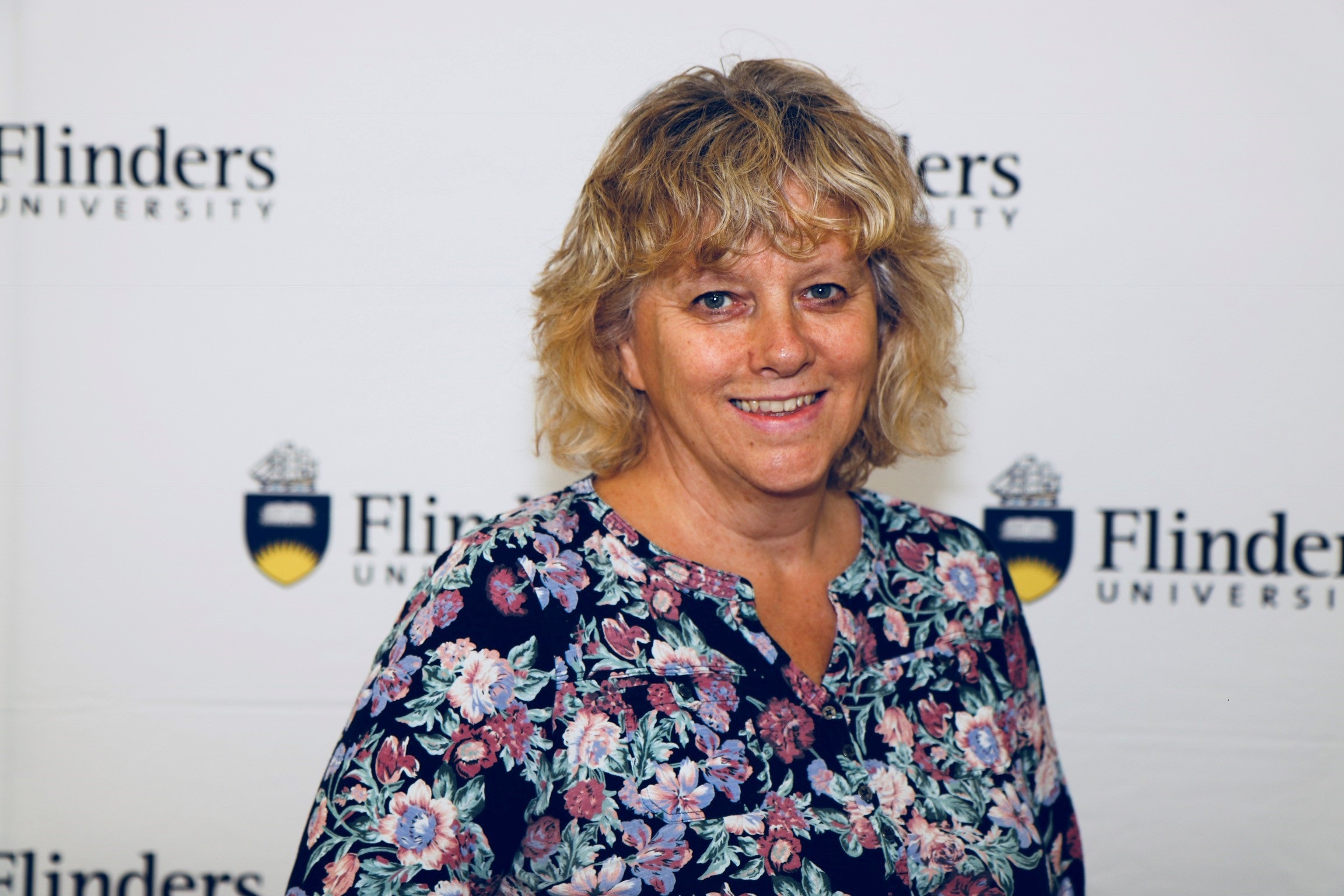
Could delaying conception in overweight and obese women be the key to improving long-term health outcomes for mother and baby?
Professor Annette Briley, a member of the Caring Futures Institute, is co-leading a team investigating whether a lifestyle intervention in the six-month period before conception improves pregnancy outcomes and the future health of the mother and child.
“The Begin Better project is a randomized controlled trial of dietary and lifestyle intervention prior to conception to improve maternal nutrition, physical activity and health behaviours,” she says.
Under current funding provided by the Medical Research Future Fund, the team will evaluate the impact of the intervention on mother and newborn, while additional funding would enable analysis of the child’s health as they grow into toddlers and beyond.

The project follows previous trials conducted in the UK (UPBEAT) and Australia (LIMIT) investigating similar interventions in pregnant women who were overweight and obese. Those studies, and many others, have shown that introducing an intervention in pregnancy provides too small a window of opportunity to improve maternal and infant short term outcomes.
“The idea behind Begin Better is that we recruit women who are planning a pregnancy but are quite happy to continue using contraception for six months,” Professor Briley says, adding it will be a mix of first-time mums and women who have had a baby before.
“We know that interpregnancy weight gain or weight retention after a previous pregnancy can be associated with adverse events in a subsequent pregnancy.”
Working with around 50 Adelaide primary health care providers and public maternity and infant/child health clinics, the team is recruiting 880 women with a BMI of 25kg/m2 or over to take part in the study. Some of the former participants in the LIMIT study were also invited. The participants will be randomised to receive either the intervention or standard care.
“Because of COVID we’ve been trying to recruit as many people as possible through a social media campaign. 117 women were recruited in this way over a four-month period in 2021, which is a remarkable achievement.”
The intervention is delivered through an app, which was developed by a multidisciplinary health care team including psychologists, physiotherapists, obstetricians, dieticians, sports scientists and of course midwives, in consultation with women.
Professor Briley says the intervention program aims to encourage incidental exercise, not necessarily the implementation of a strict, high intensity workout regime during the six-month pause.
“It’s about encouraging them to do simple things like walk rather than take the car, or taking their kids to the park and playing with them.”
Simple diet modifications such as swapping sugary snacks for healthier options also form a part of the intervention, with the women encouraged to maintain a healthy lifestyle after conception.
Researchers will measure the success of the lifestyle intervention by analysing the baby’s Z-scores post birth. The intervention may also impact blood pressure, cardiac function, growth trajectories and developmental scores.
“The primary outcome is the birth weight Z-score of the baby, which is a robust indicator of future risk of obesity for the child,” Professor Briley says, adding the team will also look at pregnancy health, mode of birth, gestation at birth and the health of the infant among a whole range of secondary outcomes.
The Begin Better team hopes to secure additional funding over a longer period so the health of the children can be measured at later stages of growth and development.
“We hope to do follow up at the age of three and four, and beyond, to get the full picture.”
The project is consistent with the Caring Futures Institute’s commitment to supporting research that contributes to a healthy start to life.

